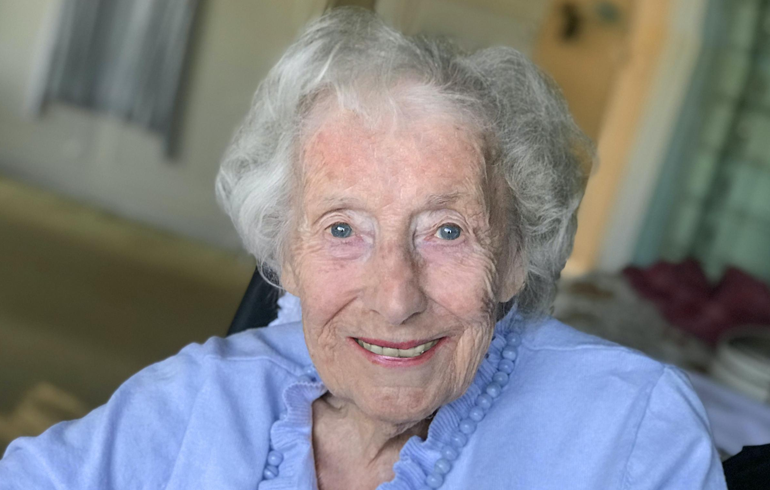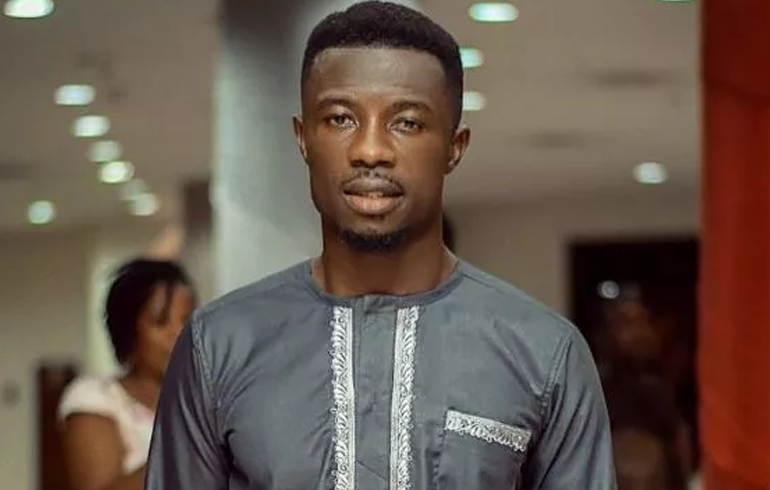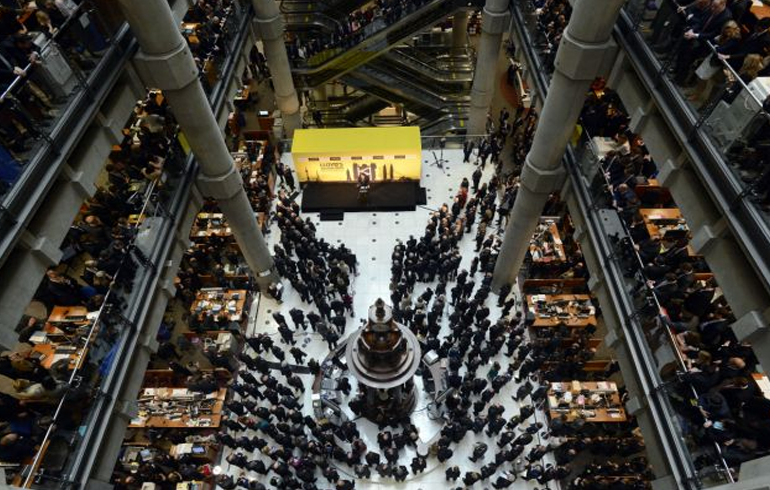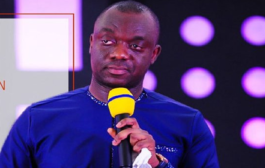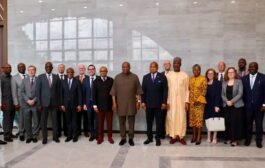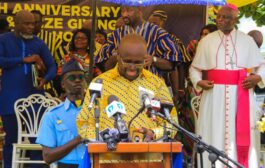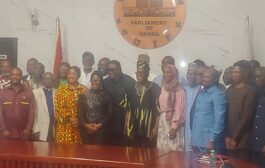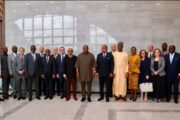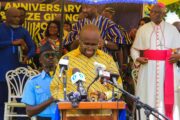Dame Vera Lynn, the Forces’ Sweetheart whose songs helped raise morale in World War Two, has died aged 103.
The singer’s family confirmed she died on Thursday morning surrounded by her close relatives.
“The family are deeply saddened to announce the passing of one of Britain’s best-loved entertainers at the age of 103,” a statement said.
Dame Vera was best known for performing for the troops during WW2 in countries including India and Egypt.
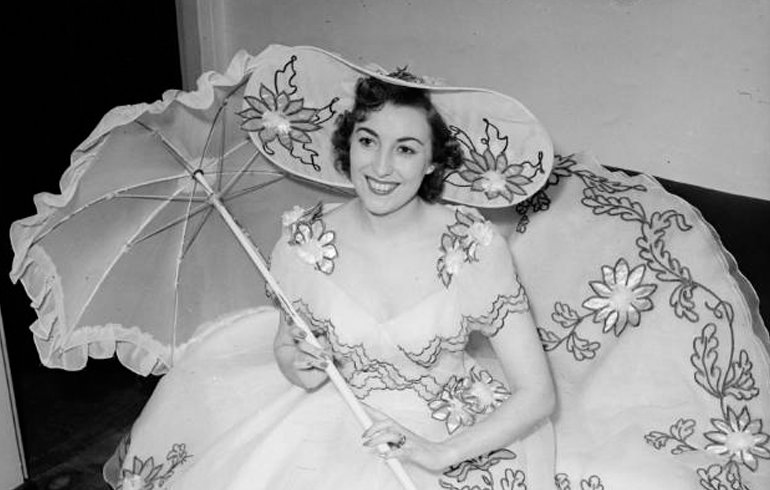
Her family said information on a memorial will be announced at a later date.
Ahead of the 75th anniversary of VE Day in May, Dame Vera spoke about the bravery and sacrifice that characterised the wartime nation.
Last month, she became the oldest artist to get a top 40 album in the UK when her greatest hits album re-entered the charts at number 30.
One of her best-known songs, We’ll Meet Again, was referenced by the Queen earlier this year during a speech to Britons, separated from families and friends during the coronavirus lockdown.
Dame Vera, born in London in 1917, was also remembered for singing The White Cliffs Of Dover, There’ll Always Be An England, I’ll Be Seeing You, Wishing and If Only I Had Wings, to help raise the spirits during the Blitz.
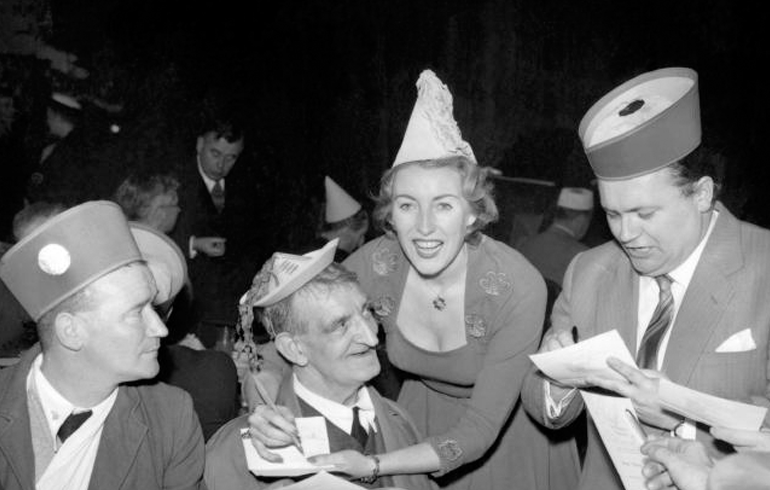
Paying tribute, Prime Minister Boris Johnson said her “charm and magical voice entranced and uplifted our country in some of our darkest hours”.
“Her voice will live on to lift the hearts of generations to come,” he said.
WW2 veteran Sir Tom Moore, who raised more than £32m for NHS charities during the height of the coronavirus pandemic in April, said: “I really thought Vera Lynn would live longer, she’s been speaking so well on TV recently. She had a huge impact on me in Burma and remained important to me throughout my life.”
Singer Katherine Jenkins, who performed Dame Vera’s wartime classics for the VE Day anniversary last month, said: “I simply cannot find the words to explain just how much I adored this wonderful lady.
“Her voice brought comfort to millions in their darkest hours, her songs filled the nation’s hearts with hope, and her emotive performances, whether home or abroad, then or now, helped to get us through.”
The Royal British Legion described her as “an unforgettable British icon, symbol of hope to the Armed Forces community past and present”.
Source: BBC



